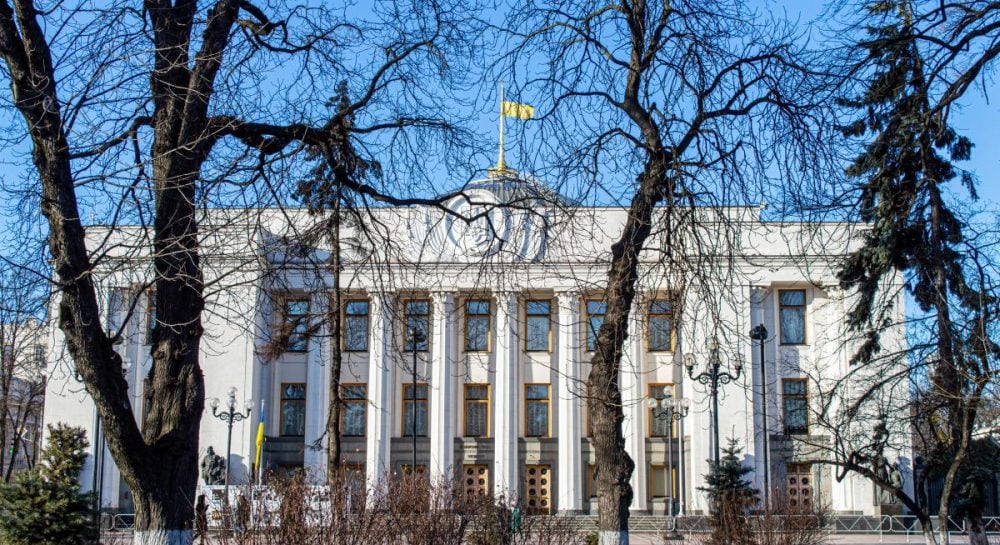For many, 2021 may go down as the year where humankind proved that reports of its imminent demise were premature. As Covid vaccines started being rolled out in the new year, the pandemic threat seemed to ease. And in America, the departure of President Donald Trump confounded predictions that the world’s leading superpower was heading for civil war.
More or less, anyway. As Michael Wolff sets out in Landslide (Little, Brown, £20) – completing his “Trump Trilogy” – the final days of Trump’s presidency were the most chaotic of all, as resignations, sackings, scandals and indictments thinned his inner circle. With the “adults in the room” gone, Wolff says, only the President’s most ardent acolytes remained – few of whom could drag him from his “parallel universe” in which he had been defrauded of re-election. This is not a book to buy if you want a sombre, dispassionate account, but it is irresistible.
The rancour over Trump’s election defeat culminated in his supporters storming the US Capitol building – many of them followers of the bizarre online cult QAnon. As tech journalist Mike Rothschild reveals in his exposé The Storm Is Upon Us (Monoray, £14.99), QAnon followers saw Trump as a messiah who would save America from being taken over by a Satan-worshipping, child-abducting Democrat cabal, led by Hillary Clinton.
As online conspiracy theories go, this makes those who believe that the moon landings were faked look like hard-headed rationalists. Yet QAnon’s followers can no longer just be dismissed as a handful of harmless cranks. Eight per cent of US citizens – roughly 22 million of them – now believe in the cult, Rothschild says. For anyone who fears the world really has “gone mad”, this book may be essential reading.
Keyboard crusaders also get stick in Bring Back Our Girls (Swift, £18.99), the inside story of the 2014 Chibok abduction, when the Nigerian terror group Boko Haram kidnapped 276 schoolgirls. The hostages became a Twitter hashtag, then a global cause célèbre, endorsed by everyone from Michelle Obama to Ellen DeGeneres. Sadly, as Wall Street Journal reporters Joe Parkinson and Drew Hinshaw describe in their book, this publicity may actually have made it harder for the girls to be freed, by convincing Boko Haram that they had “an invaluable bartering chip”. Beautifully written, the book also has two impressive scoops – the behind-the-scenes ransom negotiations that took place, and a diary written by a captive. This is old-fashioned shoe-leather journalism at its best – all the more impressive for treading in a dangerous corner of the world.
Despite the shortcomings of the twittersphere and the growth of cults such as QAnon, the internet can still lay claim to be a slayer of untruths. For amid the disinformation and fake news, groundbreaking work is being done by citizen-journalists such as Eliot Higgins, founder of the Bellingcat investigative website.
In We Are Bellingcat (Bloomsbury, £20), the Leicester-based blogger reveals how he relies not on secret briefings from those on high, but simply “open source” data on the web. By taking photos from social media and cross-checking them with tools such as Google Street View, he proved that a Russian missile most likely downed flight MH17 over Ukraine in 2014. Other scoops include revealing that the Salisbury Novichok poisoners were serving Kremlin agents – the kind of discovery previously only in the gift of the CIA.
Old-school spooks do still have their uses, though – especially in dangerous places such as Afghanistan, where CIA teams were the first US forces dropped behind Taliban lines in the days after 9/11. In First Casualty (Welbeck, £18.99), former Telegraph journalist Toby Harnden recreates how one such team found themselves trapped in a terrifying gunfight during an uprising in an Afghan prison holding 400 al-Qaeda prisoners. The story of how they shot their way out – aided by a British special-forces team – shows how, right from the start, the West had its work cut out pacifying Afghanistan.
Finally, for a slightly more relaxing take on Asia’s modern-day Great Games, try The Amur River by Colin Thubron (Chatto & Windus, £20). This is the veteran travel writer’s account of a journey on horseback along the waterway that traces the front line between China and Russia, fought over since Peter the Great’s time. Now, as then, there are military tensions, although as Thubron makes clear, today China looks the mightier.
Both a travelogue through empires past and a curtain-raiser on China’s rise, this book is a triumph of writing, horsemanship and sheer grit: Thubron, now 82, completed the journey despite fracturing two ribs after being thrown from his horse. For those suffering wanderlust after two years of global lockdown, this may be the closest you’ll get to a cure.
For 15% off any of these titles, call 0844 871 1514 or visit books.telegraph.co.uk/XMASbooks





